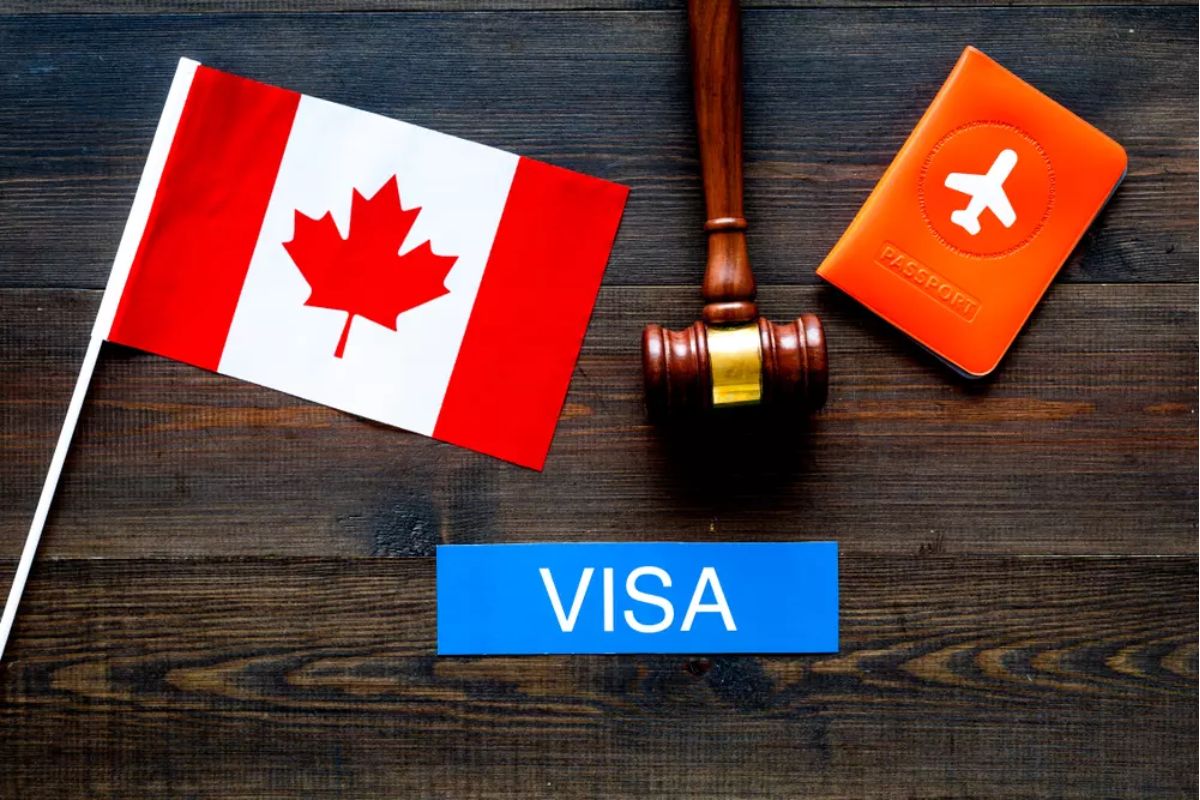In response to the evolving landscape of international education and immigration, Canada has recently announced a series of new rules for foreign students to better manage the inflow of international students while ensuring the sustainability of its educational and immigration systems.
Spearheaded by Immigration Minister Marc Miller, these measures seek to strike a delicate balance between harnessing the benefits of international education and maintaining controlled immigration levels.
New Rules for International Students
These changes include an intake cap requiring a Provincial Attestation Letter (PAL) for most applicants, extended Post-Graduation Work Permits (PGWPs) for graduates of master’s degrees, restricted PGWP eligibility for private college programs, and changes to open work permit eligibility for spouses of international students.
Below, we delve into the intricacies of each reform and its implications.
1. Intake Cap and Provincial Attestation Letter Requirement
To address concerns regarding the exponential growth in the International Student Program, Canada has implemented a cap on the intake of international students for the next two years, commencing January 22.
Under this cap, the Government aims to approve approximately 360,000 study permits for 2024, reflecting a notable 35% decrease from the previous year.
In tandem with this measure, new post-secondary international students at the college or undergraduate level are now mandated to submit a Provincial Attestation Letter (PAL) alongside their study permit applications.
This PAL serves as evidence that the student has secured accommodation within a provincial or territorial allocation under the national cap. However, certain exemptions exist for primary and secondary school students, master’s or doctoral degree students, and visiting or exchange students.
| Effective Date | January 22, 2024 |
| Who Needs It | Most post-secondary and non-degree graduate program applicants (exceptions listed below) |
| What It Is | A provincial letter confirming your place within the national student cap. |
| Why | To control international student numbers and ensure provincial support. |
2. Post-Graduation Work Permit (PGWP) Updates
Recognizing the significant potential of graduates from master’s degree programs to contribute to Canada’s workforce, adjustments have been made to the Post-Graduation Work Permit (PGWP) duration.
Effective February 15, graduates from master’s degree programs lasting less than two years will be eligible for an extended 3-year post-graduation work permit. This extension aims to facilitate their transition to permanent residence by affording them ample time to acquire Canadian work experience.
Moreover, for programs other than master’s degrees, the length of PGWPs will remain aligned with the duration of the study program, with a maximum limit of 3 years.
| Effective Date | February 15, 2024 |
| Who Benefits | Graduates of master’s programs regardless of length (meeting other PGWP criteria) |
| What It Means | 3-year PGWP instead of aligning with program duration, facilitating permanent residency applications. |
| Why | Recognizing the potential of master’s graduates for the Canadian workforce. |
3. PGWP Eligibility for Public-Private Partnership College Programs
In response to growing concerns surrounding the quality of education and support services in certain public-private partnership college programs, the Immigration, Refugees, and Citizenship Canada (IRCC) has implemented measures to limit PGWP eligibility for these institutions.
While current international students in these programs remain eligible for PGWPs, new enrollees will no longer qualify for a post-graduation work permit.
| Effective Date | Immediate |
| Who’s Affected | New students enrolling in public-private college programs |
| What Changes | No eligibility for Post-Graduation Work Permit (PGWP) |
| Why | To encourage improved quality and support in public-private college programs |
4. Changes to Open Work Permit Eligibility for Spouses
To streamline eligibility criteria for open work permits, modifications are underway for spouses and common-law partners of international students.
Following the impending changes, only spouses and common-law partners of students enrolled in graduate and professional degree programs will qualify for an open work permit, with existing holders of such permits remaining eligible.
| Effective Date | Coming Soon (Exact Date Not Announced) |
| Who’s Affected | Spouses/Partners of Undergraduate and College International Students |
| What Changes | Lose Eligibility for Open Work Permits (Unless Already Obtained) |
| Why | Potential Regulation of Work Opportunities Aligning with Student Program Levels |
Conclusion
These reforms underscore Canada’s commitment to fostering sustainable growth within its international student population while simultaneously safeguarding the integrity of its immigration framework.
By implementing these multifaceted measures, Canada endeavours to strike a harmonious balance between harnessing international talent and effectively managing its immigration policies in line with national priorities.
Follow and connect with us on Facebook, Twitter, LinkedIn, Instagram and Google News for the latest travel news and updates!





